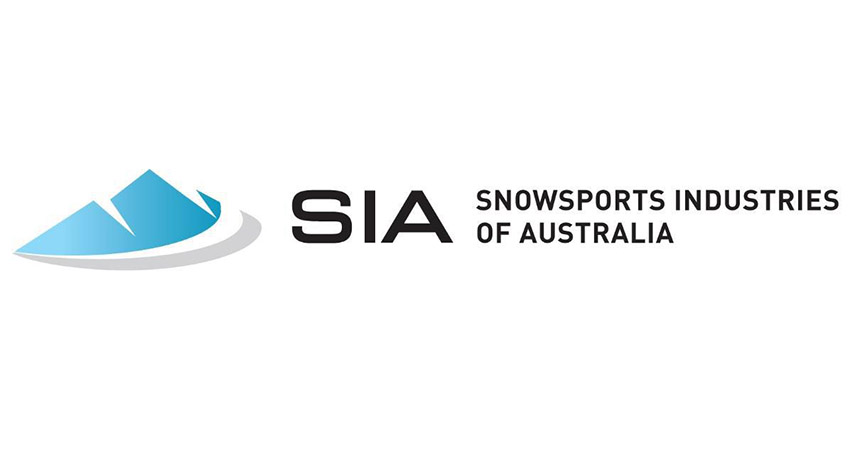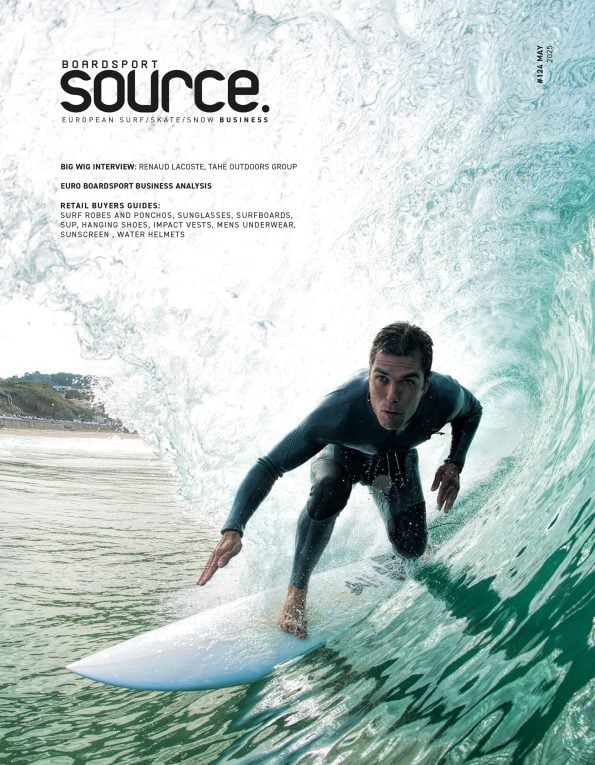
Australia’s $2bn Snow Industry And Mountain Towns In Melt-Down
After most businesses in New South Wales and Victoria experienced an early end to the summer season as a result of the bushfires, winter was their chance to catch up. Things haven’t gone to plan with the arrival of COVID and the subsequent lockdowns leaving many businesses unable to retain staff, struggling to pay rent and uncertain about their future.
Press Release:
Australia’s $2bn Snow Industry And Mountain Towns In Melt-Down
With Melbourne in lockdown, ski lifts closed at two of the major Victorian resorts and others in NSW and Victoria running on restricted numbers due to COVID-19, the snow industry is in crisis.
“It desperately needs assistance,” says Snowsports Industries of Australia president Edward Fortey.
“The retailers, ski hires, bars, restaurants, lodges and other businesses employ mainly seasonal and local workers. Few if any of them are qualifying for JobKeeper or other assistance. Many businesses have zero turnover.”
The snow industry contributes well over $2 billion annually to the national economy and is one of the biggest employers in regional Australia, accounting for the equivalent of more than 20,000 full-time jobs. Summer visitation in Victoria alone adds a further $146 million to that state.
“Most of these are small businesses and many of them family-owned,” Fortey said. “In the regions, bushfires this year decimated the summer business in NSW and Victoria, leaving operators waiting for winter to make up ground. But that isn’t how it’s turning out.”
Selwyn Snowfields, on the western side of the NSW Snowy Mountains, was so impacted by bushfire it can’t open at all this winter, meaning no snow business in towns like Tumut and Adaminaby. Victoria’s government-operated Lake Mountain, hugely popular with cross-country skiers and snow players, is shut, meaning no snow visitors in towns like Marysville and Narbethong.
Simon Paton has had the Bogong Ski Centre in Tawonga South, near Falls Creek, for 45 years and even in the worst snow year, would not have had one as bad as this. The ski hire has gone from a six-figure turnover to basically nothing.
His partner, Liz Paton, runs Treats Cafe at the same location and is about 80 per cent down on revenue. “We basically got one week of business post-Christmas and then the bushfires shut us down,” she said.
“It’s my 21st year in the cafe; winter gets you back on track again, but not this year.” They have staff that have been with them for as many as 30 years, but because they are seasonal and casual, none qualified for JobKeeper.
Auski is the biggest snow retailer in Melbourne’s CBD and July is usually their busiest month. Neil Ritchie, Auski’s owner, expects to be 90 per cent down this July.
Nevertheless, he welcomes the federal government’s most recent JobKeeper announcements as it will give him some potential to retain his most important asset – his staff.
“We have 20 to 25 people full-time and our primary focus is to retain our key staff. Without them, we have no-one for training and buying and so on.”
Rent is another challenge. “I think landlords need to be more understanding,” he says. “In the city, our rent is high, but we want to be a good tenant over the long term.”
He commends government for establishing the tribunal to help deal with Auski’s landlord if it comes to that.
Australians travelling north in our summer account for about 30 per cent of annual turnover but he expects that to fall to zero this year. “Really, we’re just waiting for May 2021.”
Dave Minelle owns Snowbiz, a Queensland snow retailer with outlets in Brisbane and the Gold Coast.
“The outlook isn’t good,” he said, “our next six to 12 months are not looking great. Even with JobKeeper and rental assistance we might not survive.”
Skiers and snowboarders heading to the northern hemisphere, Japan and to a lesser extent Canada, account for 65 per cent of his business and that looks like falling to nothing this year.
Most of his remaining business comes from Queenslanders travelling to New Zealand’s snowfields and that’s also out for the time being.
Key staff are crucial, he typically employs 16 people and “they’re career snow people, they know their stuff and some of it is really technical, boot-fitting and so on. They have that knowledge and technical ability.
“Who knows what the future holds.”
With school trips cancelled, resorts closed and overseas travel unlikely for the coming northern hemisphere winter, one suburban snow retailer expected to be 70 per cent down on turnover in 2020-21 but thought that “might be optimistic”.
“We need long-term rental assistance, or we will rapidly become non-viable,” he said. “Part of our rent needs to be waived by our landlords or the government needs to offer financial assistance by paying part of our rent.
“We are a seasonal business; we need the peaks to guide us through the troughs and this will not happen this financial year.”
Further information and comment: SIA president Edward Fortey 0418 575 246
* SIA (siaaustralia.com.au) is the peak body for the Australian snowsports equipment industry, representing wholesalers, importers, manufacturers, retailers, rental businesses and other trade buyers.
* The figures and job numbers are extrapolated from an Ernst & Young Victorian Alpine Resorts Economic Contribution Study which is updated annually. They estimate the winter contribution to Victorian state product at $1.06 billion for 2019. Separate studies have shown the New South Wales snow industry to have almost double the economic activity of Victoria’s






